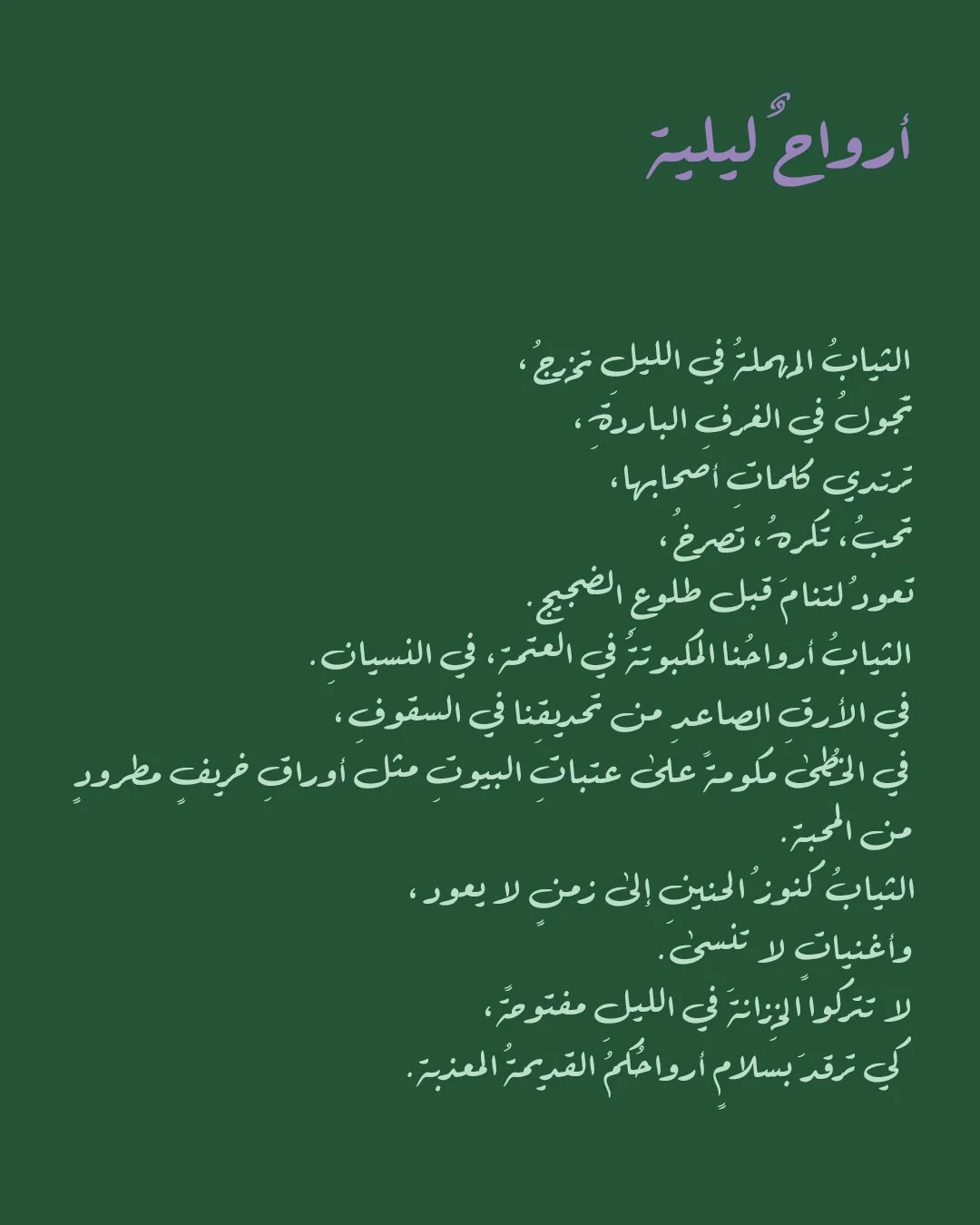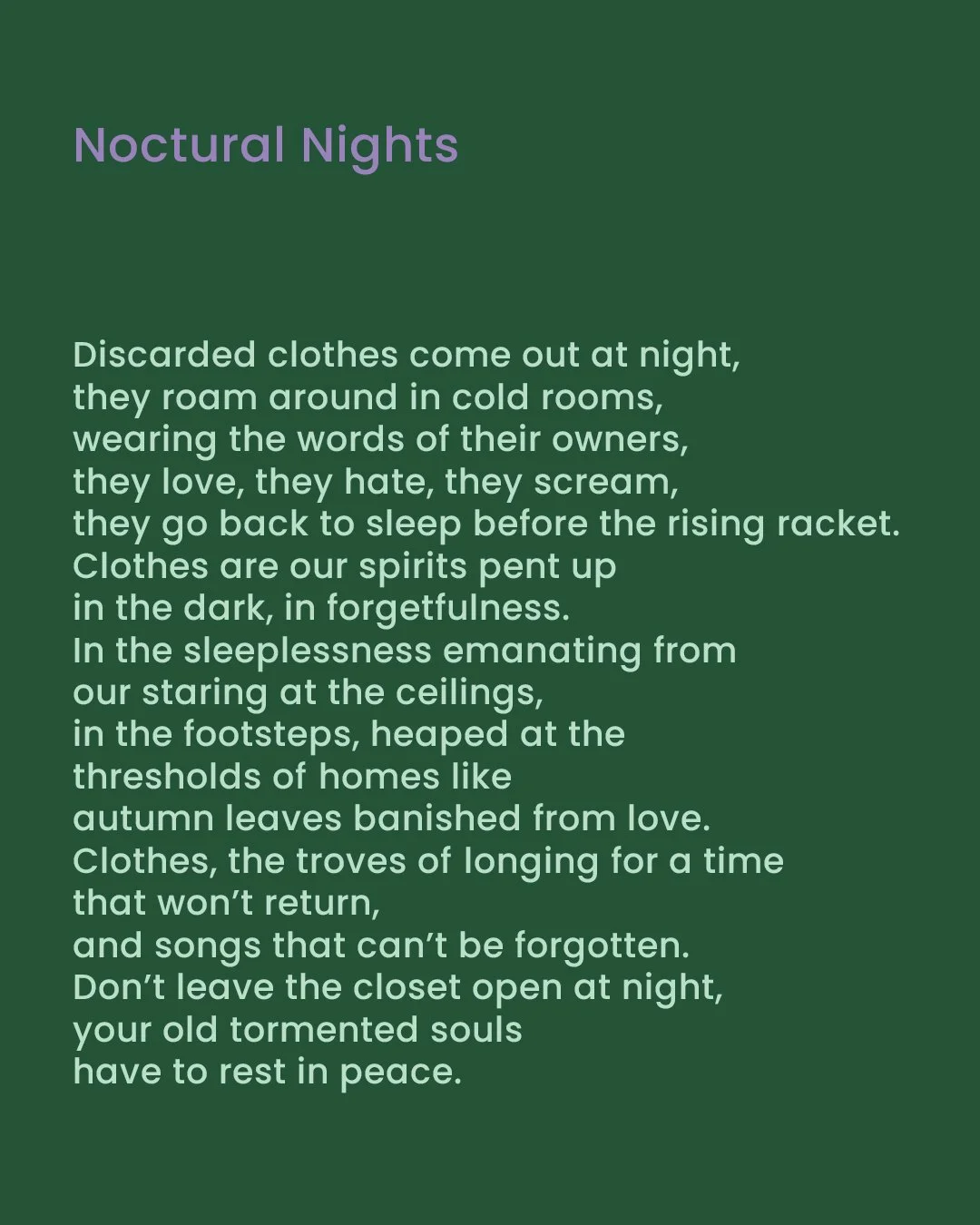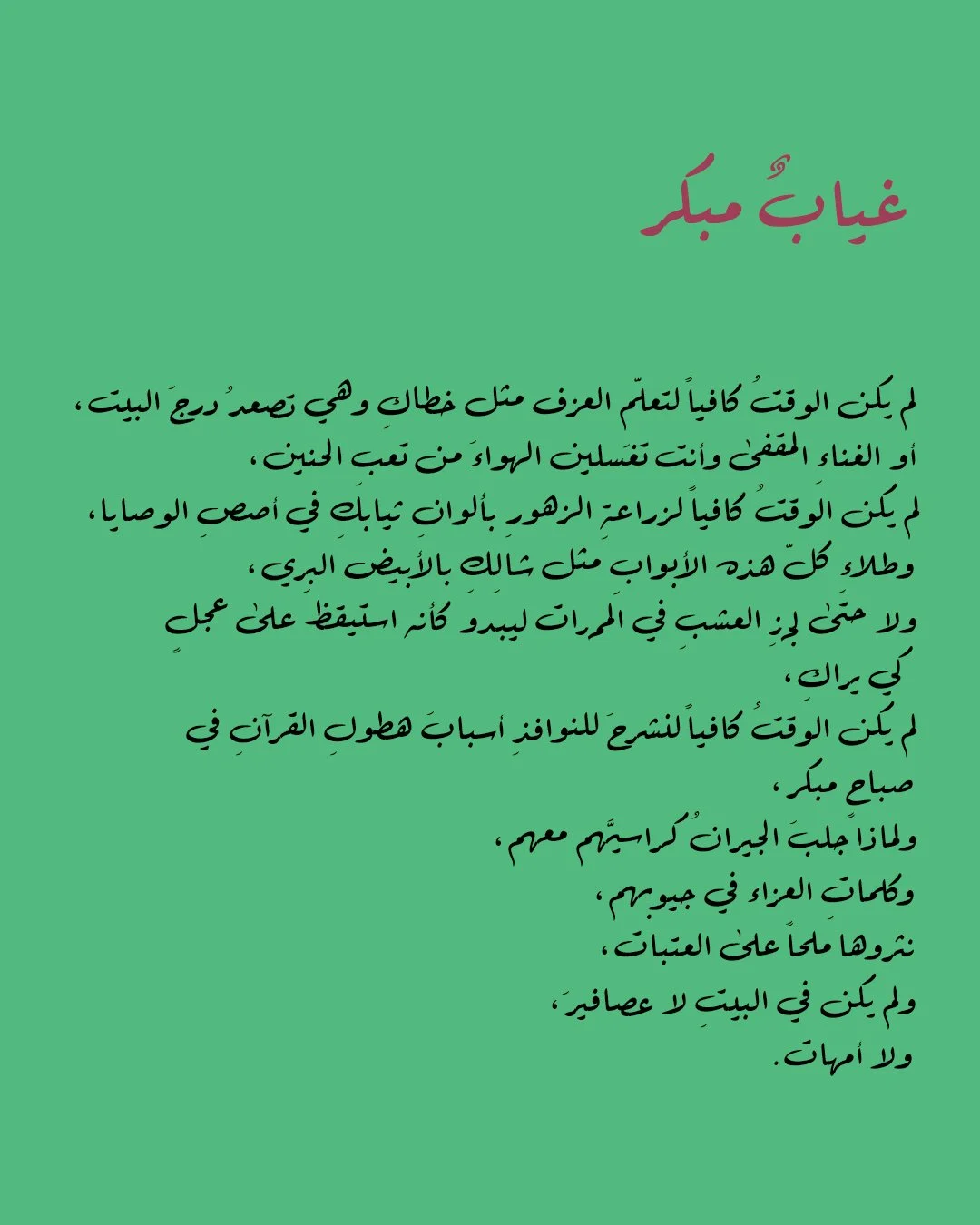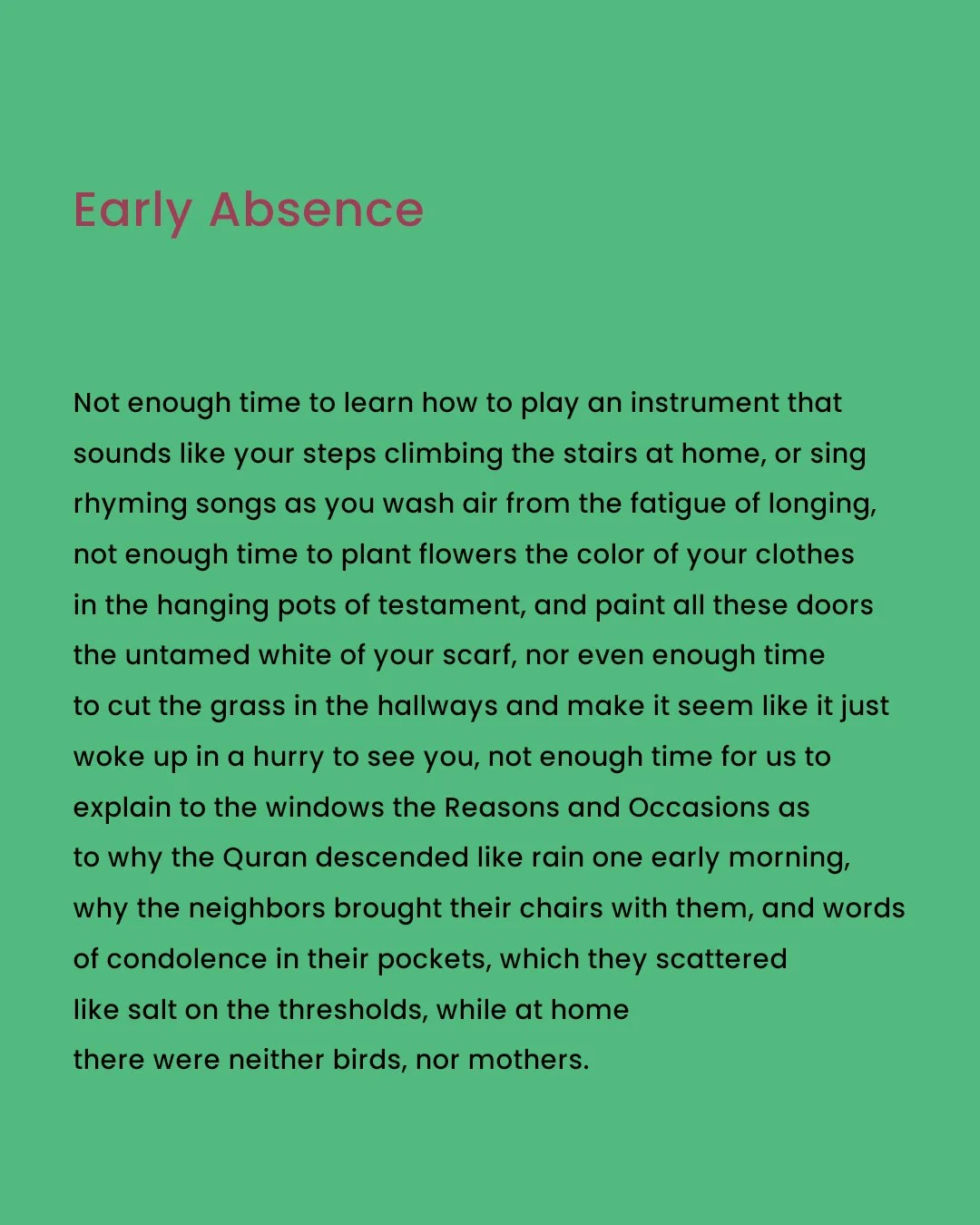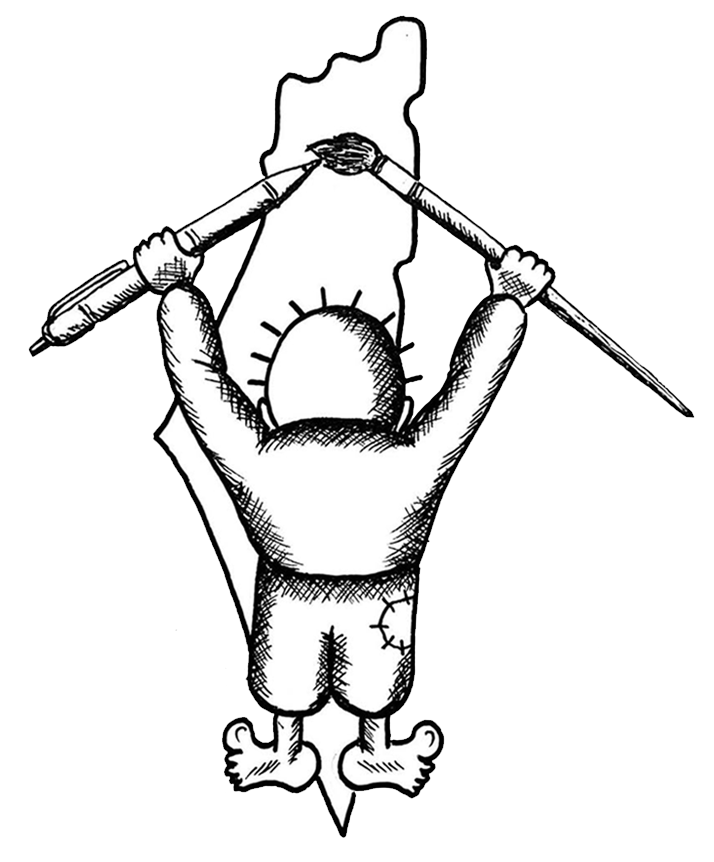Nasser Rabah
Nasser Rabah is a 62-year-old poet and writer, born and living in Gaza. He is a member of the Palestinian Writers and Authors Union and has published five collections of poetry and two novels.
As his latest publisher, City Lights writes about Nasser’s background:
“Born in Gaza in 1963, Rabah spent some of his formative years in Egypt, before returning to Gaza in his early twenties, where he has lived ever since. There, among the generations who built its neighborhoods and populate its villages, in a place of great natural beauty and vibrant cities, living under constant surveillance, military occupation, blockade, siege and regular attack, in a culture steeped in literary and spiritual tradition, Rabah developed his distinctively singular vision and poetics.”
Nasser’s new book — Gaza: The Poem Said Its Piece (2025) — is his first work with English translations. It features pieces written during the genocide and some of his previously-published poems. It’s described as having a sense of surrealism and a delicate tenderness that is always on edge.
In an interview with Protean Magazine from June 2025, he said:
“In a time of war, what I write is not poetry—rather, I merely describe what I see and feel without need for significant literary intervention. What has taken place so far defies the imagination and surpasses metaphor; it is, in and of itself, poetry that aches.
In a time of war, then, I write in order to preserve my sanity. Writing represents an act of resistance: it militates against all that is base and hateful, against death and annihilation. If writing is life, and life itself has turned into war, what more is left for us to write?”
Mosab Abu Toha, a well-known poet from Gaza, wrote in LitHub:
“If I were to pick only one poet from Gaza to be translated and published in the English-speaking world, this is who it would be. Nasser Rabah is my favorite living poet in Palestine. The language he uses in his poems is dazzling. His metaphors are like raindrops pouring over me after a long summer. The musicality of his lines could replace my heartbeats and I would feel more than alive.”
Read writing from Nasser
To Whom Should We Recite the Time?
The war left me only those who died to call friends. I bless
night and light a votive candle so they pass through me in
a dream, like a scalpel or a cough, it left me no heart as a
window to hang on the wall of memories, no street for when
passion waves its kerchief and birds flee and songs groan
because it didn’t forget the coppery taste of bullets and the
deep scent of parting in the heart. It didn’t forget that a hand
scattering love like a news vendor on morning doorsteps now
collects their remains every night under the pillows, it arranges
them in family libraries next to old wishes and stale kisses.
To whom then should we recite The Opening? Whoever died
died, in their palm a basket of vegetables and the scent of
fruit, and in their pocket a bus ticket and a new recipe for
pizza! To whom then should we recite the Time, for no one
is left on the sidewalk of longing who didn’t get on the bus
but me and the morning rush, where war left us nothing
but the distance between the florist and the cemetery.
I Was Sand
I was sand gently grazed by grass woven through me.
Clouds pass me over, or girls as they come out the gate
of a nearby school. Rain and hail wash me, and the sun
and plows bear down on me in their dull movement over
a wheat field in the far-flung reaches of a nondescript village.
I was sand, like any other, so ordained for my simplicity
that time was of no concern to me, nor distance, nor the
passersby. One afternoon — I only remember it now sticking
its back out like a nail on a wall — I didn’t see them when they
brought the water to mix with my sand and I fainted. I only found
out the truth about myself years after my horrific awakening,
staring at a single scene, repeating over and over.
I realized that I’d become a stone in a prison cell.
A stone staring at a blind man’s wall hours on end, counting
its days by the wounds prisoners etched on its cold silence,
by the departing dead, by those coming in carrying on their
broken backs a suitcase of hope. Hope I left behind,
scattered on an afternoon of a far, far‑flung field.
Excerpt from Protean Magazine interview:
How do you experience the “ache of writing” and its silence in relation to the act of speech? From what place within you, or outside you, does the poem speak?
The act of writing, for the writer, is a chronic affliction, an unending yearning, a perpetual torment. I write to validate my own existence, and to express myself. But writing, at the same time, is a kind of birth. My wife once told me that she notices how, while in the thick of writing, I enter into a nervous psychological state akin to the pain of labor.
Each poem’s first addressee is always myself. The addressee that comes after depends on the text. Sometimes I speak to God, my mother, my homeland, even language itself. The path towards me is often hazy and muddled, but that’s the reason I write, in the hope that a reader might—by hook or by crook—arrive at what I mean.
Throughout this ongoing war on Gaza, I’ve felt more keenly my own longing for God, but also His presence dwelling within me. Only with this faith have I been capable of living steadfastly through this ordeal.
In my writings, I depict myself as a man ever in search of that frisson. One that touches him and purifies his soul into a transparency that discerns what others cannot. Poetry is both love and contentment—the gift that God bestows in the hearts of those who seek Him. But poetry, at the same time, can be the condition of strain and disquiet that ensues when life snatches that clarity away from us.
Above all, poetry and literature in Gaza—and maybe the Arab world at large—won’t be able to easily liberate itself from this moment: like a wounded gazelle, fettered by the chains of war.
The dream is the cane I lean on, so that my path might continue to unfurl. And the dream becomes reality if I believe in it; it is a verbal blueprint for the architecture of future days. I dream of a free Palestine, of a state and a flag; I dream that my poem will be sung by generations to come.
Read more of Nasser’s poetry:
LitHub — “Dead cats continue to meow”
ArabLit — “Amjad”
Poets.org — “Untitled”
Markaz Review — “Distorted Dreams” and “Meditations”
Discover more Gaza writers & artists
Follow the links below to see a list of other creative individuals in the Strip to support and amplify.


